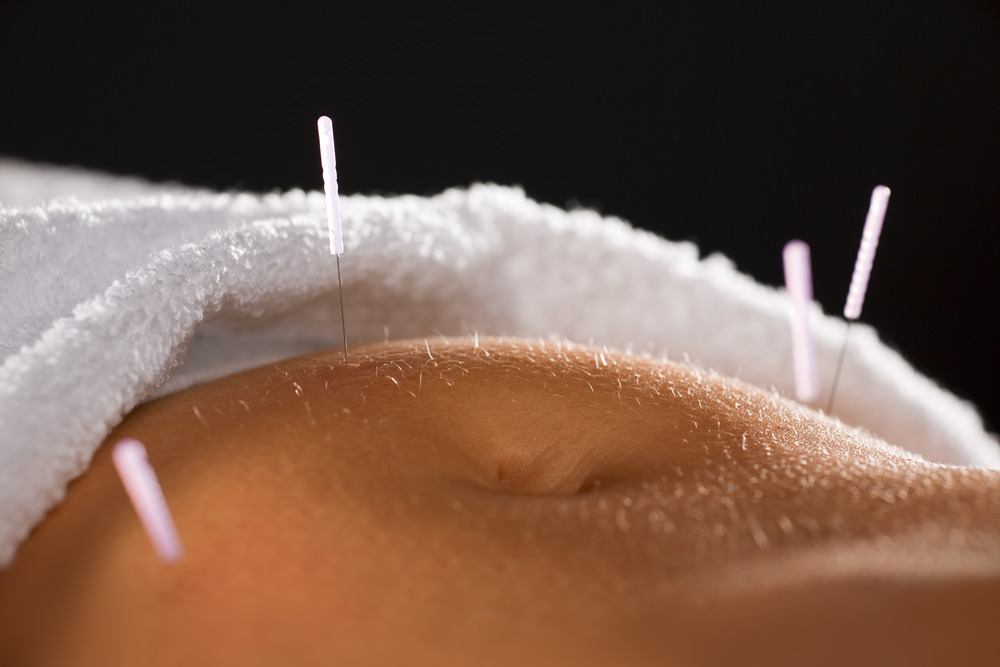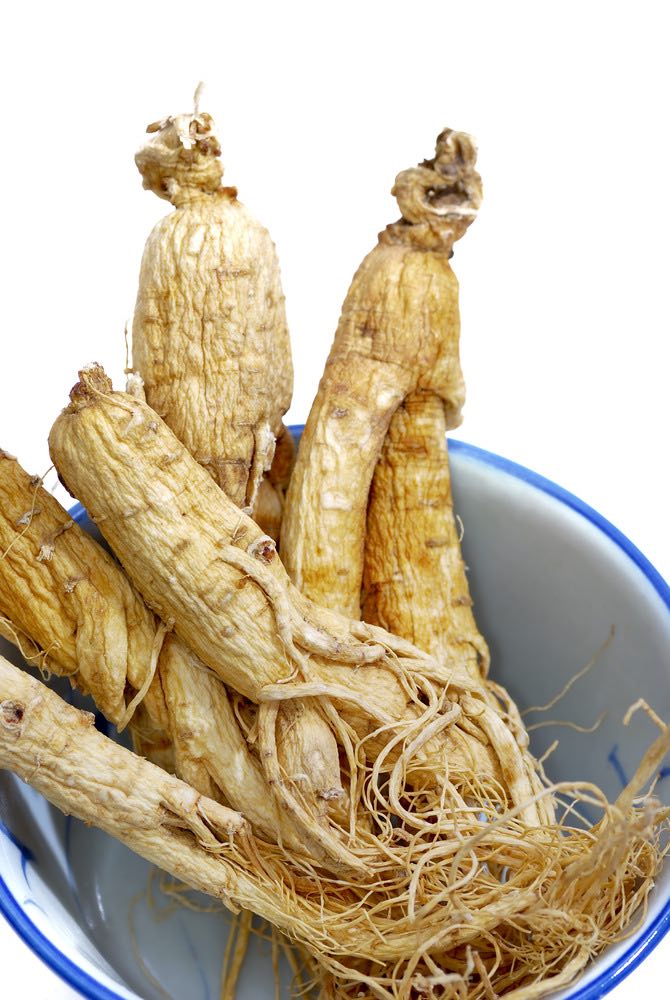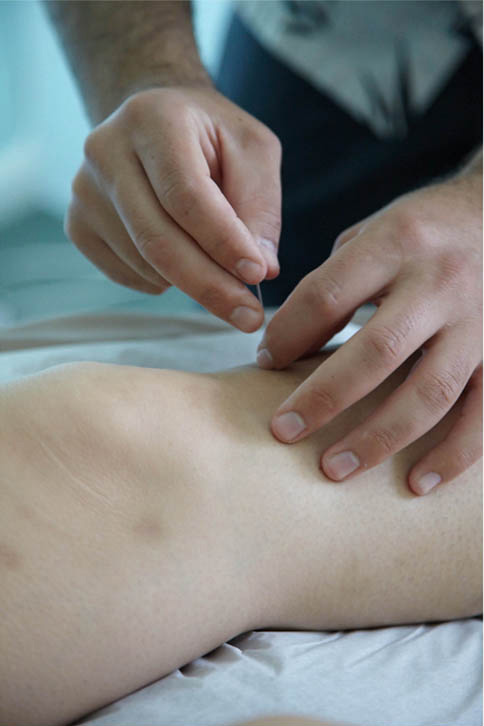The gut microbiome, a vast and diverse ecosystem of microorganisms inhabiting our gastrointestinal tract, skin, and (for those of us who have them) vaginas, plays a central role in overall health and well-being.
Composed of trillions of bacteria, fungi, viruses, and other microbes, the microbiome influences numerous bodily functions, such as digestion, immune response, and even mental health.

People do not think of acupuncture healing effects as primariliy through the microbiome. Yet, there has been a lot of evidence that shows acupuncture has a profoundly positive effect on your microbiome. This makes total sense to an acupuncturist. Chinese medicine has, for centuries, discussed how the digestion is central to many aspects of health and inflences the healing throughout the body. Acupuncture helps improve the microbiome by enhancing the overall digestive process, modulating gastrointestinal motility, which in turn likely supports a balanced and healthy gut microbiome.
In this blog post, we will delve into the microbiome and explore how acupuncture can benefit patients by improving gut health. We will discuss the relationship between acupuncture and the microbiome, review scientific studies supporting this connection, and offer practical guidance on integrating acupuncture into a comprehensive wellness strategy. Embark on this journey with us as we uncover the remarkable interplay between the gut microbiome and acupuncture.
Understanding the Microbiome
The microbiome refers to the community of microorganisms, including bacteria, fungi, viruses, and other microbes, that reside within and on our bodies. These microorganisms coexist with us, playing a crucial role in our overall health and well-being. The gut microbiome, which is primarily located in the large intestine, is the most well-studied and diverse part of the human microbiome.
The microbiome has many roles in human health.
It is involved with
- Digestion and nutrient absorption: The gut microbiome is vital for breaking down and metabolizing food, as well as synthesizing essential vitamins and minerals. These microorganisms aid in the digestion of complex carbohydrates, producing short-chain fatty acids that nourish the gut lining and provide energy for our bodies.
- Immune system support: The gut microbiome plays a crucial role in the development and maintenance of our immune system. It helps to protect us from harmful pathogens by outcompeting them for resources and producing antimicrobial substances. A balanced microbiome also promotes immune tolerance, reducing the risk of autoimmune and inflammatory disorders.
- Mental health and brain function: The gut-brain axis is a complex communication network between the gut microbiome and the central nervous system. Gut bacteria can produce neurotransmitters and other signaling molecules that influence our mood, cognitive function, and overall mental health. Research has suggested that an imbalanced gut microbiome may contribute to various neurological and psychiatric disorders.

Dysbiosis: The Disruption of Gut Microbiome Balance
Dysbiosis refers to an imbalance in the composition of the microbial community, particularly in the gut microbiome. When the balance is disrupted, an overgrowth of potentially harmful microbes or a decline in beneficial ones can occur.
Dysbiosis has been associated with various health issues, ranging from digestive disorders such as irritable bowel syndrome (IBS), inflammatory bowel disease (IBD), and leaky gut syndrome, to metabolic conditions like obesity and type 2 diabetes, and even mental health disorders like depression and anxiety.
There are many factors that affect the balance of the microbiome.
- Diet: The food we eat has a significant impact on our gut microbiome. A diverse and balanced diet rich in whole foods, fiber, and probiotics promotes a healthy microbiome, while a diet high in processed foods, sugar, and unhealthy fats can lead to imbalances.
- Lifestyle: Factors such as exercise, sleep, and stress management can influence the composition and function of our gut microbiome. Regular physical activity and sufficient sleep are known to support a healthy microbiome, while chronic stress can negatively affect gut health.
- Medications: Certain medications, such as antibiotics, can disrupt the gut microbiome by killing both harmful and beneficial bacteria. It is essential to use these medications judiciously and replenish the gut with probiotics after treatment.
- Environmental factors: Exposure to various environmental factors, such as pollution, chemicals, and toxins, can also influence the composition and balance of our microbiome.
Acupuncture and the Microbiome: The Connection
Chinese medicine has long recognized the importance of the digestive function as central to maintaining health. There is a school of though in acupuncture called “the spleen and stomach school”. These are the primary energetic organs of digestion, and the idea is that they are the most central aspect to all types of illnesses.
The spleen, controls the transformation of food into energy and blood. The stomach, on the other hand, is responsible for breaking down and digesting food. According to TCM principles, imbalances or disruptions in the functions of the spleen and stomach. While we cannot say that the ancient TCM doctors knew about the microbiome, we can certainly state that they observed the strong connection between the functions of the gut and the microbiome and how it influences health of the whole person.
Acupuncture has been shown to modulate the composition of the gut microbiome, promoting the growth of beneficial bacteria and reducing the abundance of harmful bacteria. Several mechanisms have been proposed to explain the benefits of acupuncture for the microbiome:
- Modulation of the gut-brain axis: Acupuncture has been shown to influence the gut-brain axis, a bidirectional communication system between the gastrointestinal tract and the central nervous system. Stimulating specific acupuncture points can affect the release of neurotransmitters and other signaling molecules that impact both gut function and brain activity, helping to restore a balanced gut microbiome.
- Regulation of gastrointestinal motility: Acupuncture can regulate gastrointestinal motility by activating the enteric nervous system and modulating the release of gastrointestinal hormones. Improved motility supports efficient digestion and the maintenance of a healthy gut microbiome.
- Anti-inflammatory effects: Acupuncture possesses anti-inflammatory properties, which can help reduce inflammation in the gut and restore a balanced microbiome.
- Stress reduction: Stress is a known factor that can negatively impact the gut microbiome. Acupuncture has been widely recognized for its stress-reducing effects, stimulating the release of endorphins and modulating the activity of the hypothalamic-pituitary-adrenal (HPA) axis. By alleviating stress, acupuncture contributes to a healthier gut microbiome and improved digestion.
Studies have demonstrated that acupuncture can alleviate symptoms of various gastrointestinal disorders, such as irritable bowel syndrome (IBS), inflammatory bowel disease (IBD), and acid reflux. These improvements may be attributed, at least in part, to the positive effects of acupuncture on the gut microbiome.
Acupuncture Treatment
Every individual has a unique gut microbiome, and every acupuncture treatment is tailored to address your specific imbalances and health concerns. This personalized approach ensures that the treatment targets the root cause of your digestive issues and supports the restoration of a healthy gut microbiome. Customizing the treatment means that the acupuncture points, the stimulation of the needles, and other therapies will be tailored to your specific needs.

Support Overall Gut Health
Alongside regular acupuncture treatments, consider adopting a balanced diet rich in whole foods, fiber, and probiotics; engaging in regular physical activity; managing stress through practices such as meditation or yoga; and getting sufficient sleep. These complementary strategies can help to create a synergistic effect, maximizing the benefits of acupuncture for your microbiome health.
Eat a diverse, balanced diet rich in whole, unprocessed foods, including fruits, vegetables, whole grains, legumes, nuts, and seeds. Include fermented foods, such as yogurt, kefir, sauerkraut, kimchi, and kombucha, which contain beneficial probiotics. Consume foods high in prebiotic fiber, like artichokes, asparagus, bananas, garlic, onions, and leeks, to nourish your gut bacteria. Limit the intake of processed foods, refined sugars, and unhealthy fats, which can negatively impact the gut microbiome.
Engage in regular physical activity, as research has shown that exercise can positively influence the gut microbiome. Practice mindfulness meditation, deep breathing exercises, or progressive muscle relaxation to reduce stress levels.
Chinese Herbs Improve Gut Microbiome
Herbs have been used for centuries in traditional medicine systems to treat various health conditions, including those related to the gut microbiome.
They can improve the microbiome through multiple mechanisms, such as providing prebiotic compounds, exerting antimicrobial and anti-inflammatory effects, and modulating gut motility.
Here, we will discuss the principles of how herbs can improve the microbiome and provide an overview of relevant studies.

Principles of herbal impact on the microbiome:
- Prebiotic effects: Some herbs contain prebiotic compounds, such as inulin and other soluble fibers, that serve as food for beneficial gut bacteria. By promoting the growth and activity of these bacteria, herbs can help maintain a balanced and diverse microbiome.
- Antimicrobial properties: Certain herbs possess antimicrobial properties that can selectively target and inhibit the growth of harmful bacteria, fungi, and parasites, without causing significant harm to beneficial bacteria. This can help prevent or treat dysbiosis and support a healthy microbiome.
- Anti-inflammatory effects: Inflammation can disrupt the gut microbiome and contribute to various digestive disorders. Many herbs exhibit anti-inflammatory properties, which can help reduce inflammation in the gut and promote a balanced microbiome.
- Modulation of gut motility: Herbs can also influence gut motility, either by stimulating or relaxing the muscles of the gastrointestinal tract. This can help improve digestion, nutrient absorption, and overall gut health.

Conclusion:
In conclusion, the gut microbiome plays a crucial role in maintaining overall health and well-being. Acupuncture can help improve and maintain a healthy gut microbiome. Herbs, with their diverse range of bioactive compounds, can also contribute to microbiome health by providing prebiotic substances, exerting antimicrobial and anti-inflammatory effects, and modulating gut motility.
By integrating these complementary therapies and adopting a holistic approach to wellness, we can support a healthy and diverse gut microbiome, which is vital for achieving optimal digestion, immune function, and overall health.



